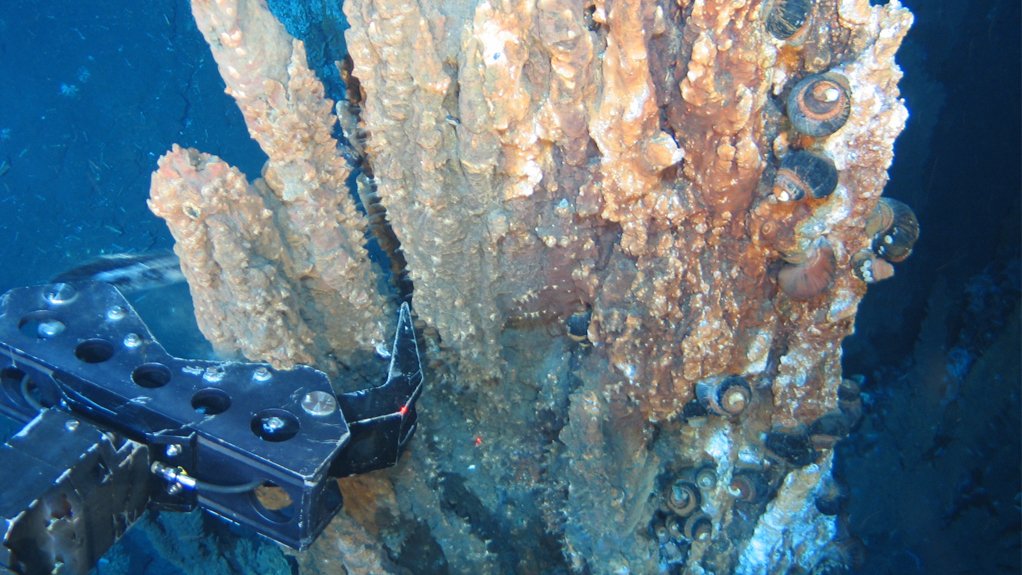
Photo by: Nautilus Minerals
TORONTO (miningweekly.com) – An independent report on Nautilus Minerals’ Solwara 1 project, offshore Papua New Guinea, has found that the project has the potential to significantly reduce social and environmental impacts commonly associated with large surface terrestrial copper mines.
Toronto-based Nautilus had commissioned consulting firm Earth Economics to undertake an Environmental and Social Benchmarking Analysis based on natural capital accounting on the project, which was expected to become the world’s first commercial high-grade seafloor copper/gold mine project and launch a new frontier in the blue economy and resource sector.
The report compared the social and environmental impacts of the proposed Solwara 1 project with three terrestrial mines, including Bingham Canyon, in Utah, Prominent Hill, in South Australia, and Intag, a proposed mine, in the Intag province of Ecuador, and found that seafloor mining had the potential to reduce the impact of copper mining by producing more copper with fewer natural capital inputs, fewer damaging outputs and a smaller area of impact.
Among the key findings was the fact that the proposed Solwara 1 project, when compared with the terrestrial mines, entailed far less environmental and social impact and fewer short- and long-term risks. There was an urgent need to meet world copper demand while reducing freshwater use and contamination, damaging impacts to communities, mine footprints and carbon dioxide emissions from copper mining operations.
"Growing copper demand requires our industry to look at more sustainable ways to meet this demand. As showcased in Earth Economics’s report, seafloor mining has the potential to not only provide economic benefits within the communities nearest to the operations while minimising the impact of copper mining, it also has the potential to change the physical nature of the mining industry for the better,” Nautilus CEO Mike Johnston said.
Nautilus was pioneering the concept of mining the ocean bed for copper, gold, zinc and silver.
The company was exploring for high-grade polymetallic seafloor massive sulphide deposits at 1 600 m below the surface of the Bismarck Sea, off the coast of Papua New Guinea, within the Western Pacific Ocean’s Rim of Fire. The operation aimed to produce ore at a rate of more than 1.3-million tons a year, with the capacity to ultimately ramp up to 1.8-million tons a year of dewatered ore, which would be delivered to the Port of Rabaul.